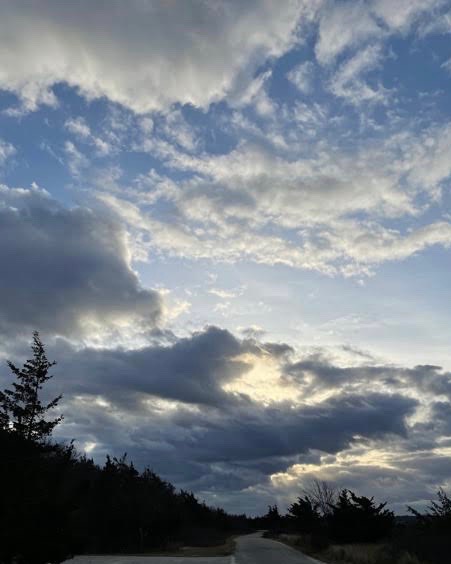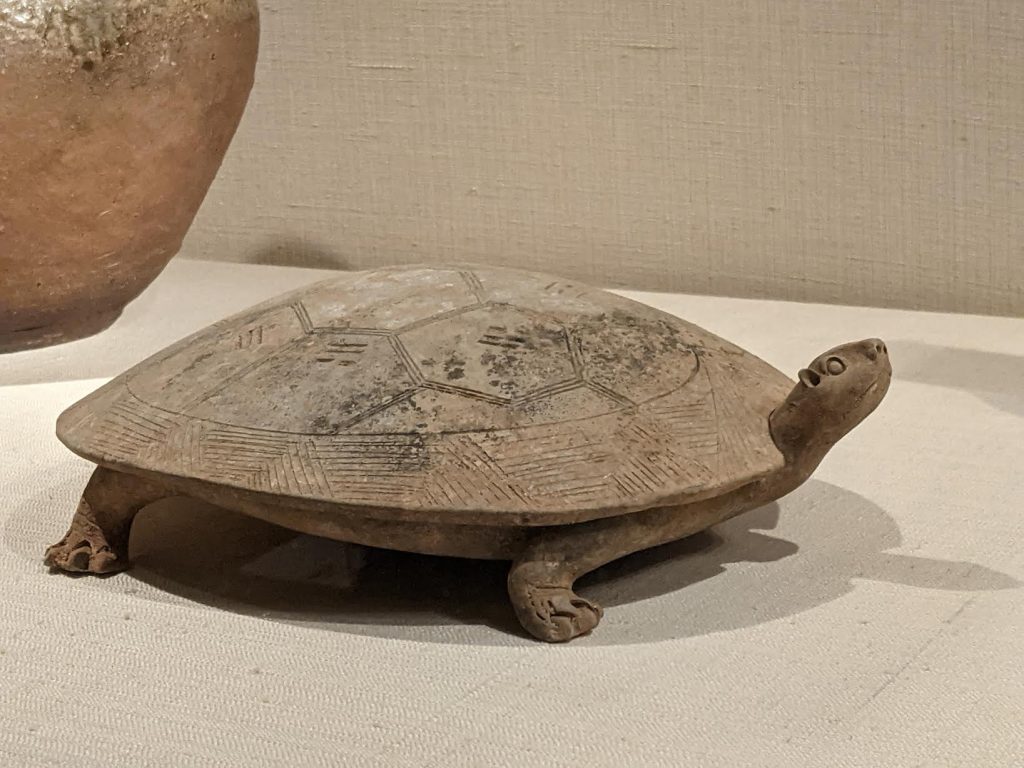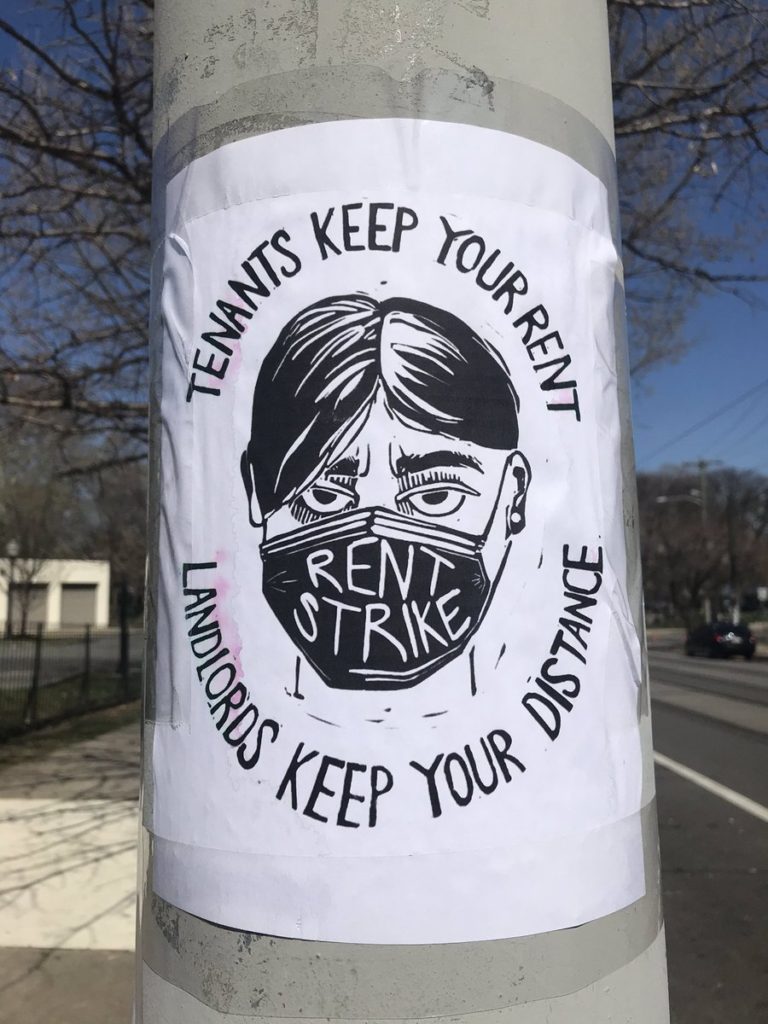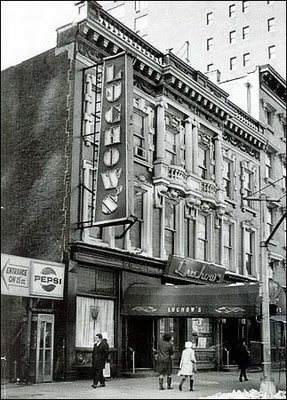
Thursday, February 10
In the mornings when we wake up now, the days are sunny and beautiful. One can almost imagine the coming of spring. But it isn’t here yet: Yesterday I went for a walk around Maidstone Park, and it was still quite breezy and cold.
I wasn’t alone there. There were perhaps three other walkers. And there was this funny thing I have seen before: Someone drove his/her jeep around the park’s circular drive while a plumpish dog, getting its exercise, loped along dutifully behind. I wondered how they trained the dog to do this—and whether on the first occasion, the dog worried that it was being abandoned.
Last night at 3 a.m. we were awakened by a thumping noise in another part of the house. There have been signs before that we have a mouse/mice. This time, they appeared to be playing soccer, kicking around an acorn. It went on for a time, until I got up and turned on some lights and walked out to the kitchen. I think they find their way up from the basement through the walls and into the kitchen. This morning I was relieved that I could find no further signs of a mousy visitation…no damage or nibbling of food packages.
We are planning to go back to NYC soon—not for any reason other than that we need a change. Bit by bit, the days are getting a little longer here, but it’s still very dark: One scarcely awakens before it’s time to go back to bed.
Mask mandates are gradually being lifted. The Times says that New York, Massachusetts and Rhode Island today became the latest states to announce that they would do away with mask mandates. (Still, more than 200,000 new cases are announced each day and the country is reporting more than Covid 17,000 deaths each week, the most since last winter.) In the city, I will still wear my mask and keep social distance; Emily will probably limit her trips out of the apartment. I want to go up to Zabar’s for some kitchen stuff, maybe even buying an Instant Pot, which everyone else already has. It’s like a combination pressure cooker and slow cooker and could be useful in making stews and sauces. Anyway, it would be another gadget to faff around with, providing novelty during this empty time. I’m also interested in a cooking thermometer and some potholders that actually work, ours being pretty worn out.
It will be strange to go into stores or elsewhere and see people walking around maskless. Out here in the stores and at the recycling center, no one does that.
Dinner: risi e bisi and a green salad.
Entertainment: We have now subscribed to the wonderful Criterion Channel, which has perhaps 80% of the art films you have ever wanted to see. Now admittedly, many of these are a bit aged: Bergman, Goddard, Truffaut, Fassbinder, Varda, Rivette, Chabrol, etc. We’ve now watched three Charlie Chaplin flicks (two were silent shorts), and two Jacques Tati (he only made six films). It’s such an embarrassment of riches that one is tempted to change plans at the last minute. Tonight, we may watch something newer–Terence Davies’ 1992 flick The Long Day Closes plus something else. Only time will tell.





